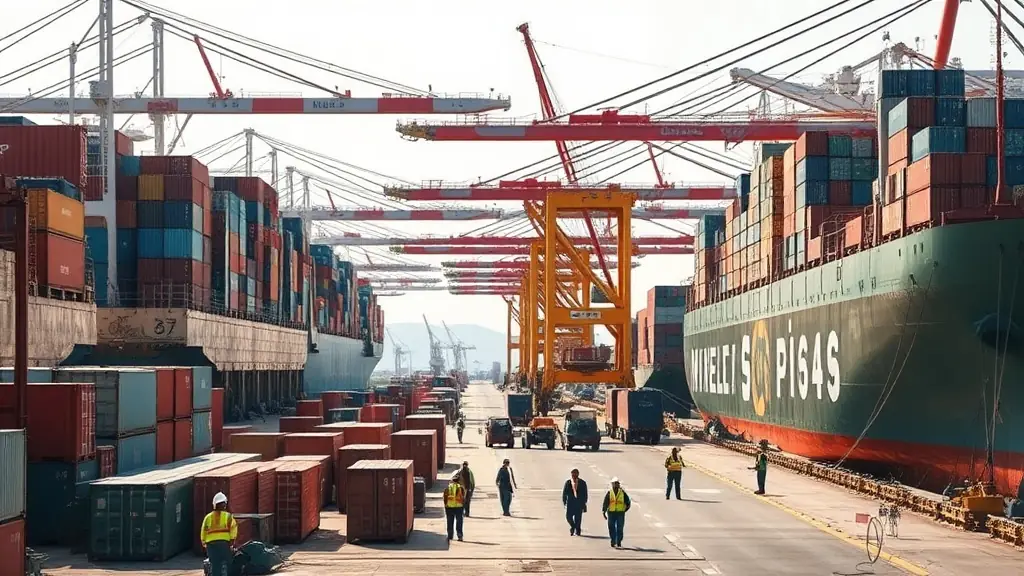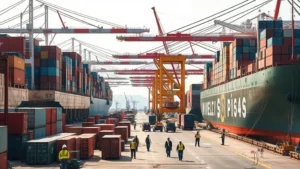Navigating the complex landscape of import-export regulations can be challenging for businesses. Each country has its own set of rules and requirements that must be adhered to in order to facilitate trade. Understanding these regulations is essential for ensuring compliance and avoiding costly penalties. By staying informed about the latest changes in legislation, businesses can better position themselves in the market.
In addition to national regulations, international trade agreements also play a significant role in shaping the import-export landscape. These agreements can provide businesses with preferential access to certain markets, reducing tariffs and other trade barriers. By leveraging these agreements, companies can enhance their competitiveness and expand their reach. It is crucial for businesses to engage with trade associations and legal experts to navigate these complexities effectively.
Furthermore, technology is increasingly being used to streamline compliance processes. Digital platforms can help businesses manage documentation and track shipments in real-time. By embracing these technological advancements, companies can improve their operational efficiency and reduce the risk of delays. As the import-export industry continues to evolve, staying ahead of regulatory changes will be key to success.





